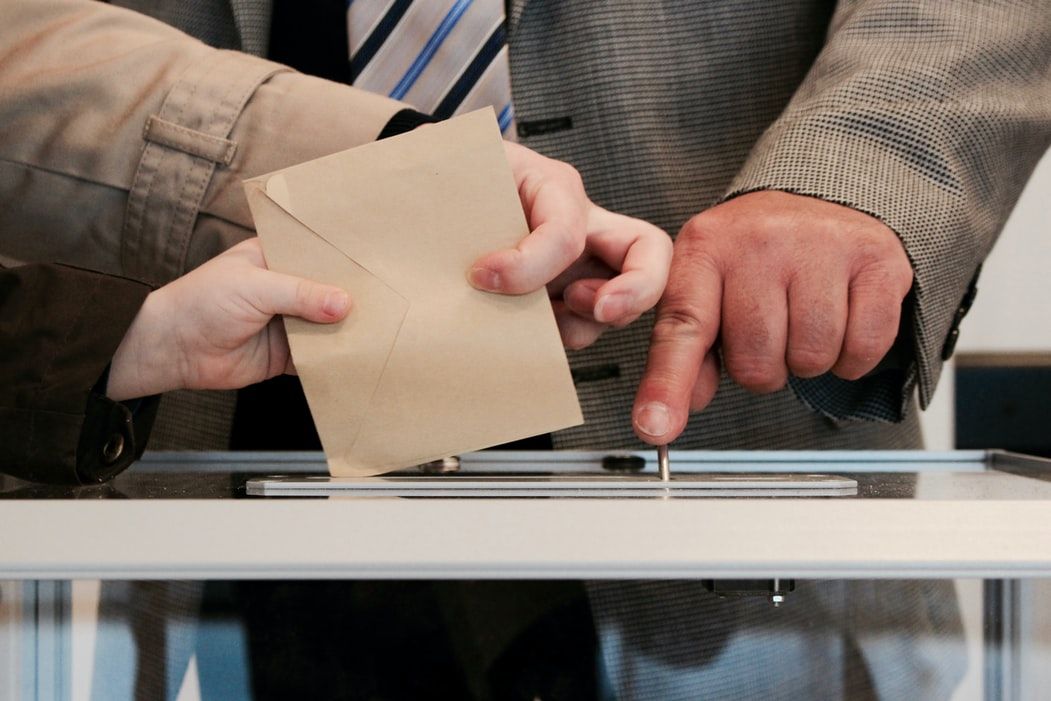Romania’s governing liberal PNL party and the left-wing opposition Social Democrats (PSD) have emerged neck-and-neck from the country’s parliamentary election, according to an exit poll released by Romanian media Sunday after polls closed.
The exit poll put the PSD on 30.5% and the PNL on 29%.
If borne out by official results expected later in the evening, that would still put the PNL on course to form a government in alliance with the smaller, recently-formed USR-Plus party.
More than 18 million Romanians were eligible to take part in the vote, carried out with the now-familiar virus safety measures of social distancing, mask-wearing and hand disinfectant.
But broad disillusion with Romania’s political class along with a harsh second wave of the coronavirus pandemic had depressed turnout for the election, which stood at around 33%, a record low for a parliamentary election.
Expatriate Romanians seemed to be keener to vote, with 200,000 of them having cast a ballot by late afternoon on Sunday, according to the electoral authority, double the 2016 figure.
Romania is one of the EU’s poorest countries, and four million of its citizens have left in recent years to seek better lives elsewhere, in particular in western EU member states.
In a region where populists and nationalists have recently gained ground, liberal Prime Minister Ludovic Orban had won some support by pledging to modernise Romania and keep it on a “pro-European” path.
Orban said he cast his vote “for a dynamic, modern Romania, confident in its abilities and respected on the international stage”.
After casting his vote at a Bucharest school, 63-year-old retired electrician Gheorghe Preda said he had “no hope” of change. He said the two big parties “have been taking turns in power for 30 years and make lots of promises during the campaign, but forget them afterwards”.
But 104-year-old philosopher Mihai Sora, who won the admiration of many Romanians for doggedly turning out for hours during anti-corruption protests in recent years, said staying away from the polls was not an option.
“I voted with trust and hope, in thinking of my country and the future of its people,” he wrote in a Facebook post.
Mother of two Adina Ionescu, 42, said she was hoping for “a government of young people, which cares about the environment and about Romanians’ welfare”.
The PNL had the advantage of being supported by President Klaus Iohannis, who brushed aside criticism that he disrespected his constitutional role by campaigning for the liberals.
The left-wing PSD, heir to the former Communist Party, has dominated Romanian politics over the past 30 years.
It won by a landslide in the previous election in 2016, but its years in power were marked by massive anti-corruption protests and spats with Brussels over controversial judicial reforms.
The new head of the PSD, Marcel Ciolacu, called on Romanians “to vote in the spirit of the St Nicholas’ Day holiday (Sunday), where those who’ve been good get treats whereas the others get a smack”.
The PSD has expressed opposition to some of the current anti-virus measures, although it has itself been criticised for lack of clarity in its own plan to combat the virus.
Orban’s government has said it will not reinstitute a full lockdown like the one imposed in the spring, but experts fear an explosion of cases in the weeks to come.







